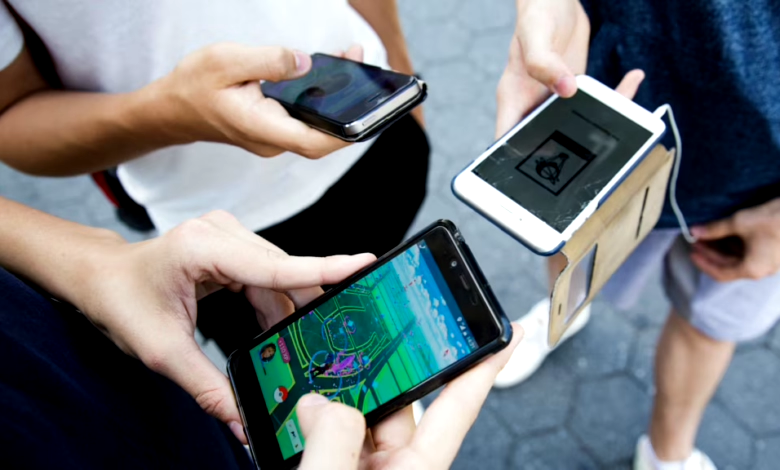The world enters the “Matrix”, smartphones become a second skin and a part of our body

In today’s world of digital technologies, the boundaries between physical and virtual reality are becoming less and less visible. Expert, co-founder of the Center for Economic Integration and Sustainable Development Roman Komiza considers, that the smartphone has long ceased to be just a gadget, becoming an integral part of our body — a kind of “second skin”.
The expert emphasized that we use smartphones anytime and anywhere: while driving, during sports, in meetings, in bed or even in the bathroom. According to statistics, today the average user spends 4 hours 39 minutes a day on their smartphone. This is a significant increase from previous years: five years ago it was 3 hours 42 minutes, and ten years ago it was only 2 hours 36 minutes. He emphasizes that, if we compare with the figures of fourteen years ago, when only 10 minutes were spent on the smartphone per day, we can see how rapidly our attitude towards this device has changed.
Roman Komiza notes that the smartphone has ceased to be just a convenient tool — it has become a part of our everyday life, without which it is difficult to imagine even a few hours. We are increasingly immersed in the virtual reality that exists on the screen of our device, and this is gradually displacing other types of activity that were once the basis of our lives.
“It is important to think about how this dependence on smartphones affects our lives and how we spend our free time. The question is whether we still have the desire and will to devote ourselves to real, physical activities, or whether we gradually prefer virtual substitutes for reality.
The world of the “Matrix” no longer seems as fantastic as before, because more and more of our lives are moving from the real world to another, fundamentally different information environment supported by electronic devices.
In this “brave new world” we find endless opportunities for work, business, communication, entertainment, education, and even for expressing our political preferences. However, the smartphone opens up to us an endless stream of information, which is often consumed without critical analysis, which leads to the fact that our consciousness gradually loses to an infinite number of surrogate meanings, packaged under the guise of customized products. – said the expert.
Roman Komyza points out that an important question arises: who exactly forms these algorithms and determines what we see, read, and hear? These processes are already automated today, and the vast arrays of data and information flows that shape our preferences are controlled by machines. He draws attention to the fact that generative artificial intelligence is already capable of creating content that is difficult to distinguish from real events. And this is just the beginning. In 5-10 years, we may face a situation where the line between real and synthetic content will become so thin that we will lose the ability to distinguish it.
“This moment may become decisive for all of humanity. It is then that we will be faced with a choice: to remain in the real world or finally immerse ourselves in virtual reality, where we will be only passive consumers of content created by machines. This is not only a question of technological development, but also of our ability to maintain one’s humanity in a world that is increasingly turning into “The Matrix” – summarizes Komyza.





